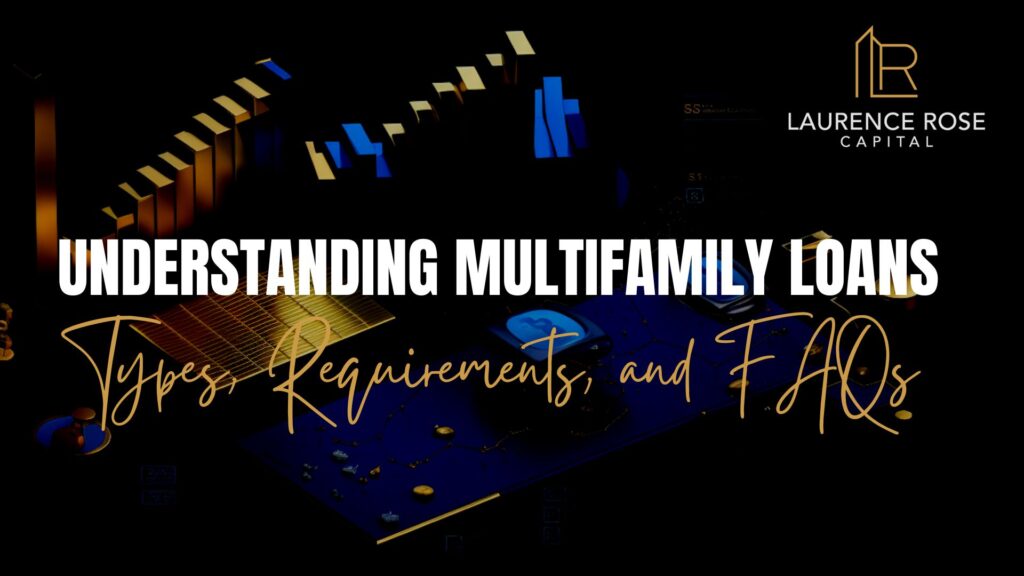The 70% rule is another rule of thumb used by real estate investors to estimate the maximum price they should pay for a property, particularly when flipping or rehabbing properties for profit. This rule helps investors ensure they are acquiring properties at a price that allows for potential renovation costs and a reasonable profit margin.
According to the 70% rule, an investor should not pay more than 70% of the after-repair value (ARV) of a property, minus the estimated renovation costs. The formula for the 70% rule is as follows:
Maximum Purchase Price = (ARV * 0.7) – Renovation Costs
Here’s a breakdown of the components:
- After-Repair Value (ARV): The estimated market value of the property after all necessary renovations and improvements have been completed. This value is typically determined by analyzing recent sales prices of comparable properties in the area.
- Renovation Costs: The estimated total cost of repairing and renovating the property to bring it to its full potential and increase its market value. This includes materials, labor, permits, and any other expenses related to the renovation process.
- Maximum Purchase Price: This is the maximum amount an investor should be willing to pay for the property to ensure a reasonable profit margin after accounting for renovation costs.
The 70% rule provides a conservative approach to property acquisition, allowing investors to account for unforeseen expenses and potential changes in the market. By following this rule, investors aim to protect themselves from overpaying for a property and ensure they have enough room for profit when they eventually sell or rent out the property.
It’s important to note that the 70% rule is a general guideline and not a guarantee of profitability. Successful real estate investing requires thorough market research, accurate renovation cost estimates, and a comprehensive understanding of local market dynamics. Additionally, investors should consider other factors, such as holding costs, financing costs, and their individual investment goals, before making a final purchasing decision.

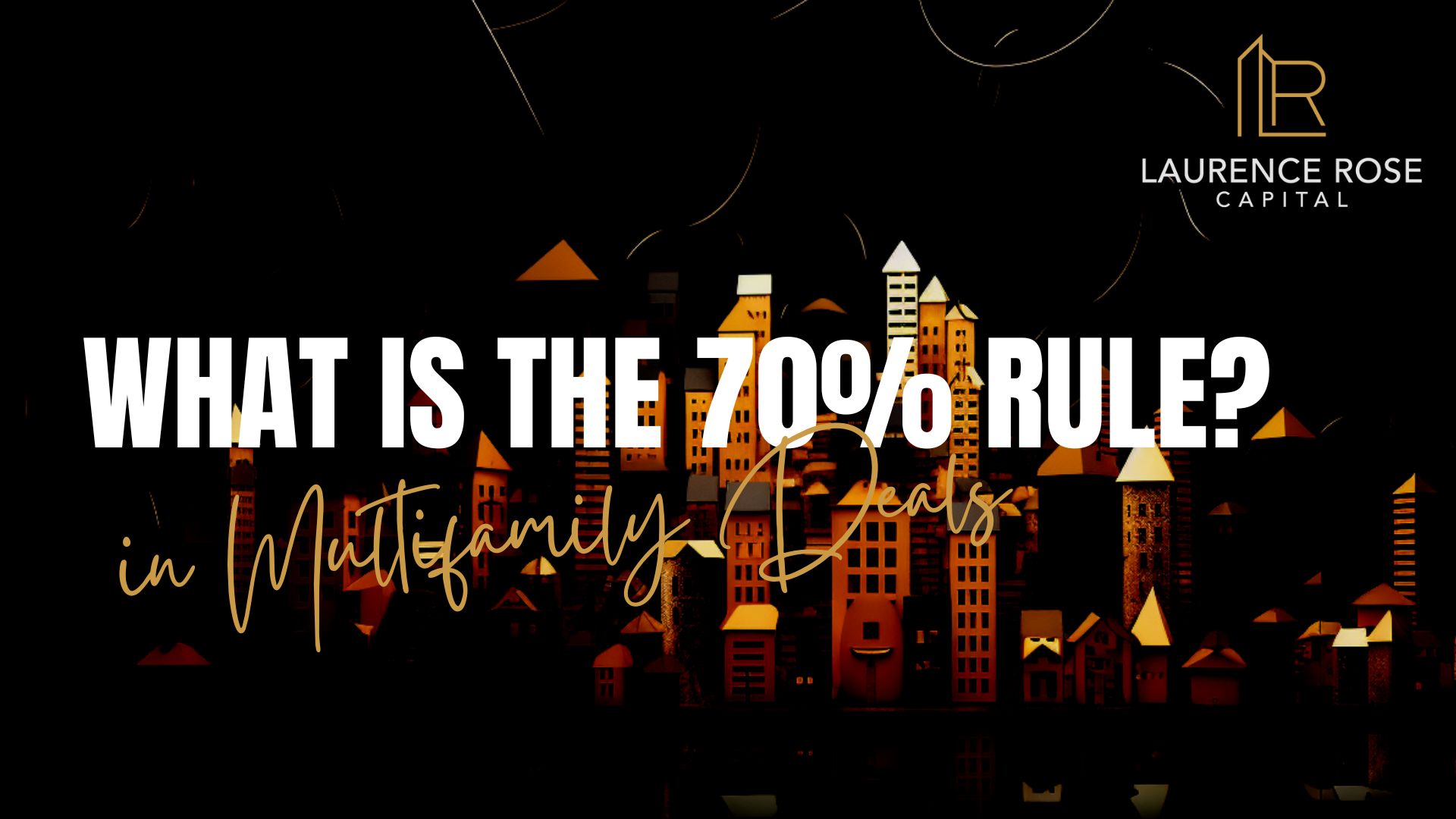
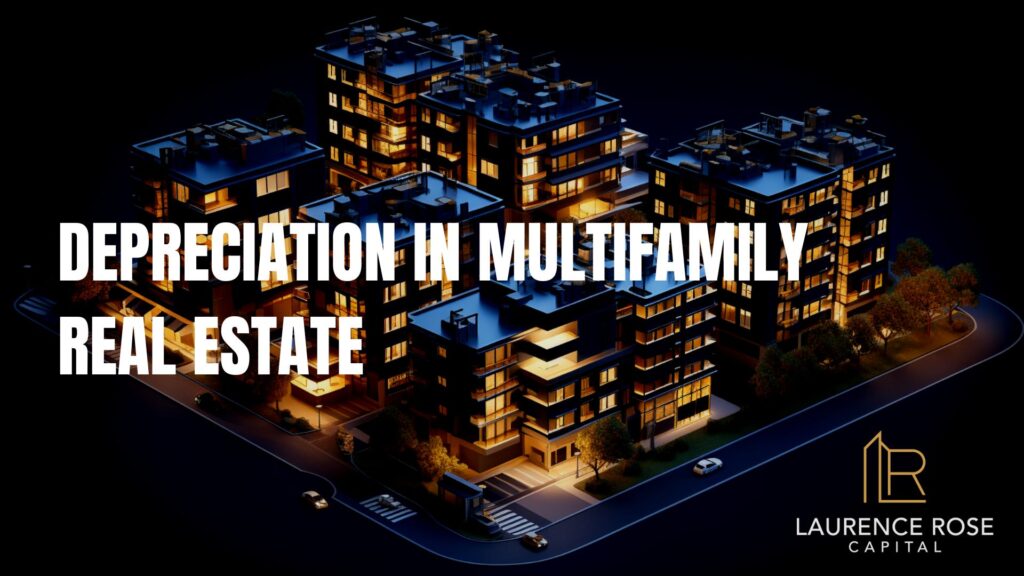
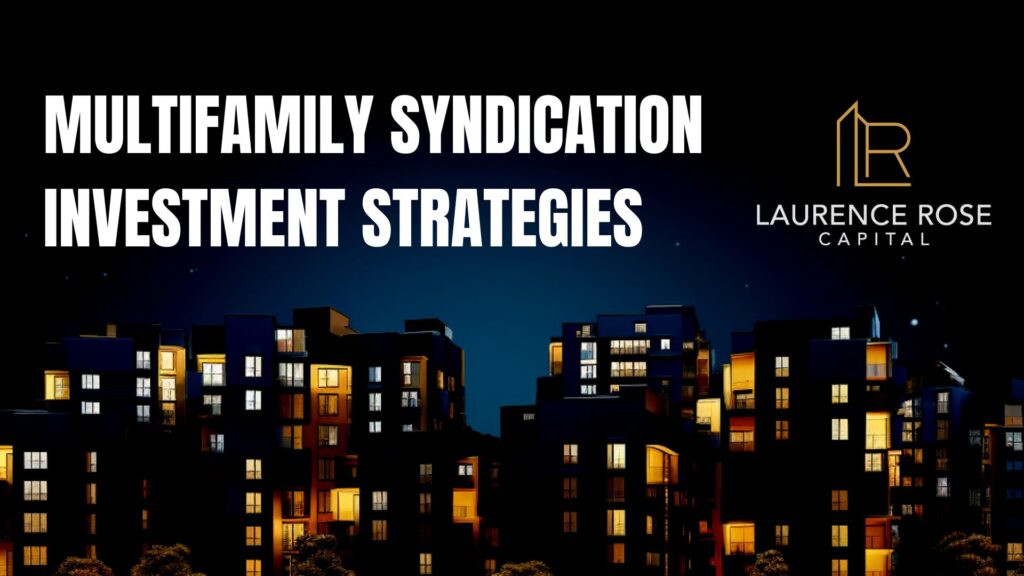

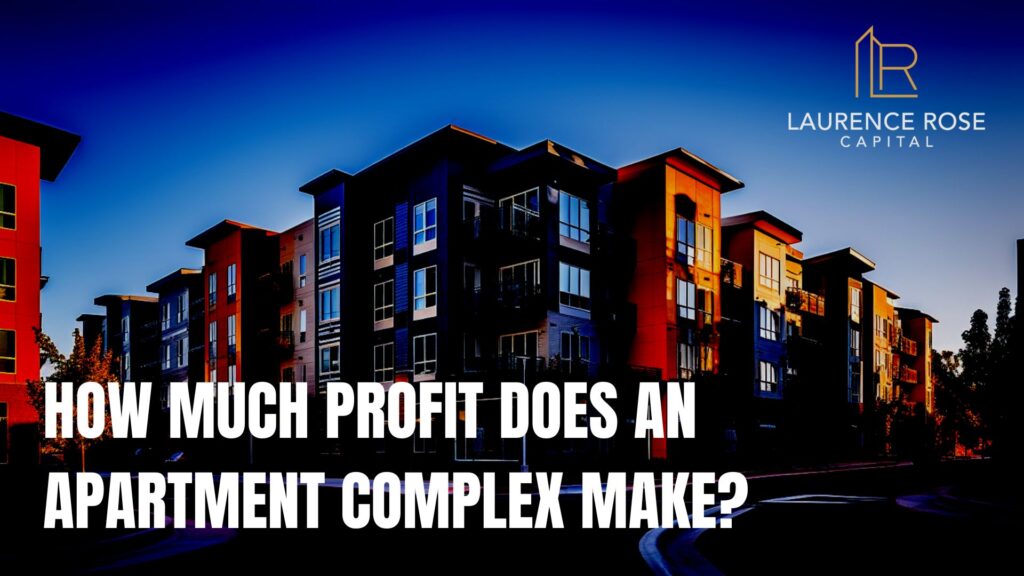
![How Does Creative Financing Work In Multifamily Real Estate [Explained]](https://laurencerosecapital.com/wp-content/uploads/2023/10/JG-BMP-Ira-LRC-JB-Blog-Covers-750-×-422px-1920-×-1005px-1024x576.jpg)
